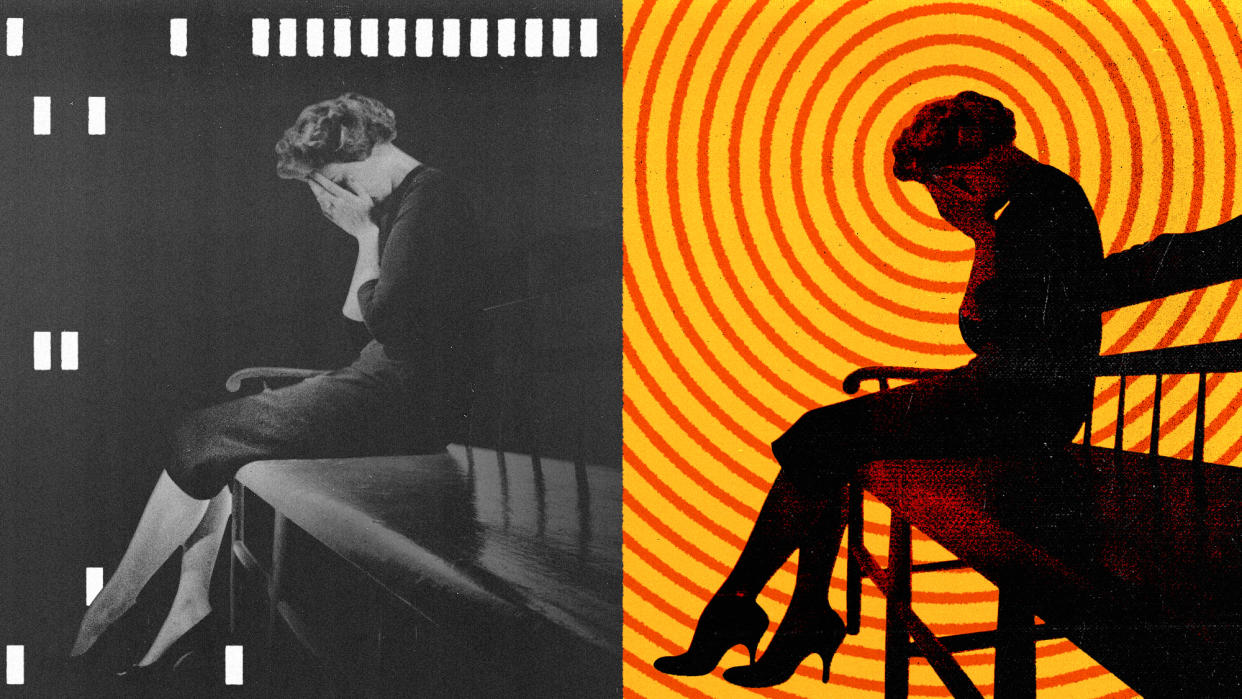2023: the year of the loneliness epidemic

- Oops!Something went wrong.Please try again later.
The looming threat of a loneliness crisis began surfacing long before this year. Still, the issue took center stage after a report from U.S. Surgeon General Vivek Murthy declared an "epidemic of loneliness and isolation." Americans are not alone in dealing with concerning levels of loneliness, a problem that was worsened by the Covid-19 global pandemic and the extensive lockdowns that had many confined to their homes. While plenty have long since returned from remote work and school, the impact of that isolation lingers, and in 2023, awareness around the issue had a new sense of urgency.
Sounding the alarm about the 'epidemic of loneliness'
Murthy has been one of the year's most prominent voices, saying that loneliness should be considered a national health emergency at the rates we're seeing now. In the report released in May, he noted that half of Americans are dealing with loneliness, and the problem is costing the country billions annually. The adverse health impact, he said, was comparable to smoking up to 15 cigarettes a day.
Loneliness is a familiar sentiment for many people. "It's like hunger or thirst," Murthy said in an interview with The Associated Press. "It's a feeling the body sends us when something we need for survival is missing." Millions "are struggling in the shadows, and that's not right," he added. Murthy issued his initial advisory to highlight a struggle experienced by a large number of the population. Murthy said he's spreading awareness about the threat of loneliness because of its associated health risks, "including cardiovascular disease, dementia, stroke, depression, anxiety and even premature death," Business Insider summarized.
The surgeon general's report found that people were becoming more isolated in the past few decades, but the Covid-19 pandemic exacerbated the problem. Research showed that one in two Americans reported feeling loneliness or isolation. In 2020, Americans spent about two minutes a day interacting with friends in person, down from 60 minutes almost two decades earlier. Young people aged 15 to 24 were hit particularly hard, reducing their in-person social interactions by 70 percent in 2020 compared to the two previous decades.
The proliferation of loneliness is more than just a problem for Americans. Almost a quarter of adults worldwide reported feeling very or fairly lonely, per an October Meta-Gallup survey, which is, in total, more than a billion people. The survey, conducted in 142 countries, found that 24% of people aged 15 and above reported feeling very or fairly lonely when asked, "How lonely do you feel?" Similar to that of the U.S. surgeon general, the survey found that young adults had the highest rates of loneliness, with 27% of young people ages 19 to 29 reporting feeling very or fairly lonely. Older adults, aged 65 and older, had the lowest rate at only 17%.
The global survey was "a really good reminder that loneliness is not just a problem of aging — it’s a problem that can affect everyone at any age," Ellyn Maese, a senior research consultant with Gallup, told CNN.
Prioritizing the search for solutions
Tackling loneliness has become a high enough priority for governments to appoint someone to head efforts to find solutions. The United Kingdom has had a "Minister of Loneliness" since 2018. New York City recently appointed famed sex expert Dr. Ruth Westheimer as an honorary ambassador to loneliness, a role that CNN called "the first of its kind in the nation."
The World Health Organization is also stepping in to address the crisis. In November, the organization launched a new Commission on Social Connection to ensure that loneliness is "recognized and resourced as a global public health priority." African Union Youth Envoy Chido Mpemba and the U.S. Surgeon General co-chair the commission. They plan to spend the next three years addressing the "pressing health threat" of loneliness worldwide by prioritizing social connection and accelerating "the scaling up of solutions in countries of all incomes."
In the meantime, lonely people are looking for their own solutions. With the advent of more personalized artificial intelligence chatbots this year, some people have turned to AI companionship to fill the void. Apps like Replika and the AI girlfriend app Eva AI are only a couple of the AI resources that have been spawned, as advances in AI tech push the envelope on the possibilities of fostering social connection. For some critics, the trend is alarming and, they say, could further exasperate the core problems causing a lack of social connection. For others, the apps are a welcome balm to escalating instances of isolation.

